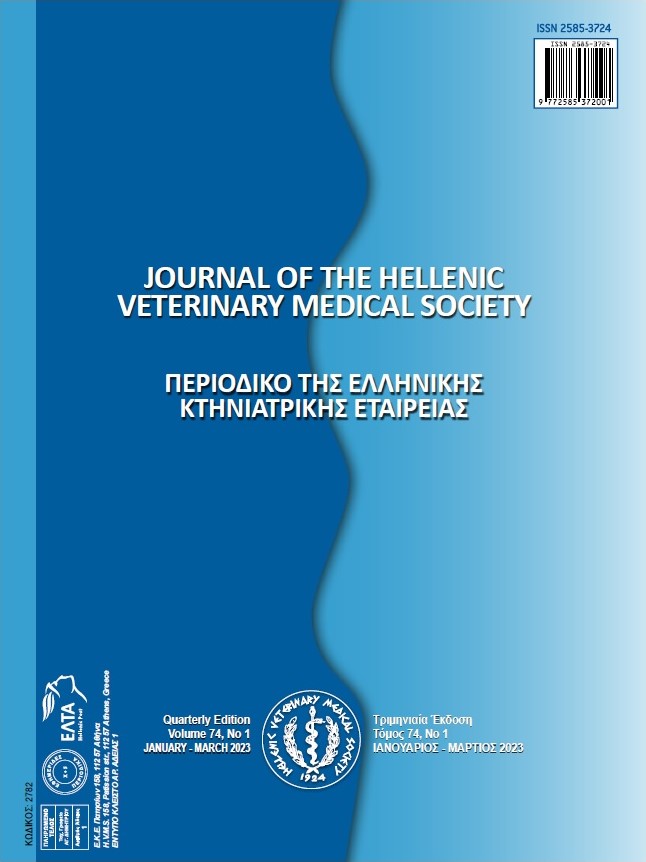Impact of Dietary Supplementation of Vitamins C and E on the Productive Traits, Egg Quality and Immune Response of Guinea Fowl in Al-Ahsa Province, Saudia Arabia

Resumen
Guinea fowl production makes significant contributions to animal protein through producing cheap meat and eggs, which serve as a buffer to shortages of poultry products. This study aims to e the effect of vitamin C, vitamin E solely and together on laying performance, egg quality and some blood parameters of Guinea fowl. A total of 180 black guinea fowls at eight months of age were equally divided into four groups, 45 birds, each. Each group was subdivided into 3 replicates, each one consists of 15 birds. The dietary treatments include the control group (basal diet); basal diet plus 500 mg /kg vitamin C (T1); basal diet plus 200 mg/kg vitamin E and basal diet plus 500 mg vitamin C and 200 mg vitamin E /kg feed. The results revealed that, the overall production characters including livability of laying guinea fowl were significantly improved (P<0.05) by the dietary inclusion of vitamin C and E singly or in combinations. The hen day egg production %, egg mass, albumen height, albumen weight, egg length, egg width and egg shell thickness were higher (P < 0.01) in the group supplemented with the combination of vitamin C and E in comparison with other treatment groups. In addition, supplementation of the dietary combination of vitamin C and E significantly increased (P<0.01) the Newcastle vaccine antibody titer and blood metabolites than single supplementation of both vitamins. In conclusion, the combined dietary supplementation of 500 mg /kg vitamin C and 200 mg/kg vitamin E had proved to be successful in improving the productive performance, egg quality, immune responses and the general health of black guinea fowl under present experimental conditions. This study proposes the synergistic beneficial action between vitamin C and vitamin E when supplemented together to Guinea fowl.
Article Details
- Cómo citar
-
Abdulmohsen, M., Al-Rasheedb, M., Shawky, M., & Abdel-Raheem, S. (2023). Impact of Dietary Supplementation of Vitamins C and E on the Productive Traits, Egg Quality and Immune Response of Guinea Fowl in Al-Ahsa Province, Saudia Arabia. Journal of the Hellenic Veterinary Medical Society, 74(1), 5241–5248. https://doi.org/10.12681/jhvms.28919 (Original work published 11 de abril de 2023)
- Número
- Vol. 74 Núm. 1 (2023)
- Sección
- Research Articles

Esta obra está bajo una licencia internacional Creative Commons Atribución-NoComercial 4.0.
Authors who publish with this journal agree to the following terms:
· Authors retain copyright and grant the journal right of first publication with the work simultaneously licensed under a Creative Commons Attribution Non-Commercial License that allows others to share the work with an acknowledgement of the work's authorship and initial publication in this journal.
· Authors are able to enter into separate, additional contractual arrangements for the non-exclusive distribution of the journal's published version of the work (e.g. post it to an institutional repository or publish it in a book), with an acknowledgement of its initial publication in this journal.
· Authors are permitted and encouraged to post their work online (preferably in institutional repositories or on their website) prior to and during the submission process, as it can lead to productive exchanges, as well as earlier and greater citation of published work.


